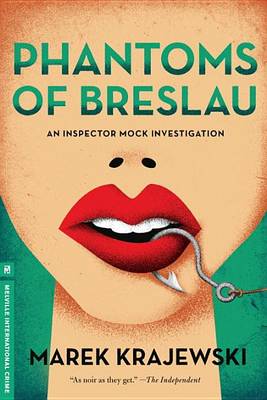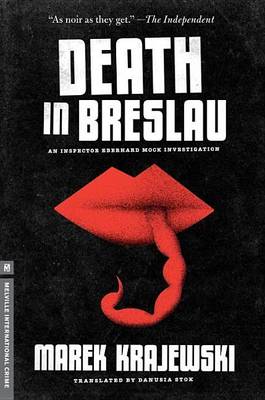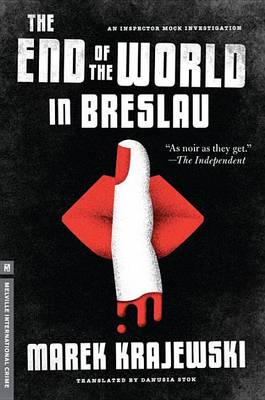Melville International Crime
3 total works
Breslau, 1919: the hideously battered, naked bodies of four sailors are discovered on an island in the River Oder. As he pieces together the elements of this brutal crime, Criminal Assistant Mock combs the brothels and drinking dens of Breslau and is drawn into an insidious game: it seems that anyone he questions during the course of the investigation is destined to become the next victim. At the same time, he is haunted by appalling nightmares; only nights spent drinking and carousing can keep his demons at bay.
Dark, sophisticated and uncompromising, the distinctive Breslau series has already received broad critical acclaim. Phantoms of Breslau confirms Eberhard Mock as the most outrageous and original detective in crime fiction.
What makes Krajewski's story so uncommonly powerful is the stifling atmosphere he conjures of a city in the grip of the Gestapo.


